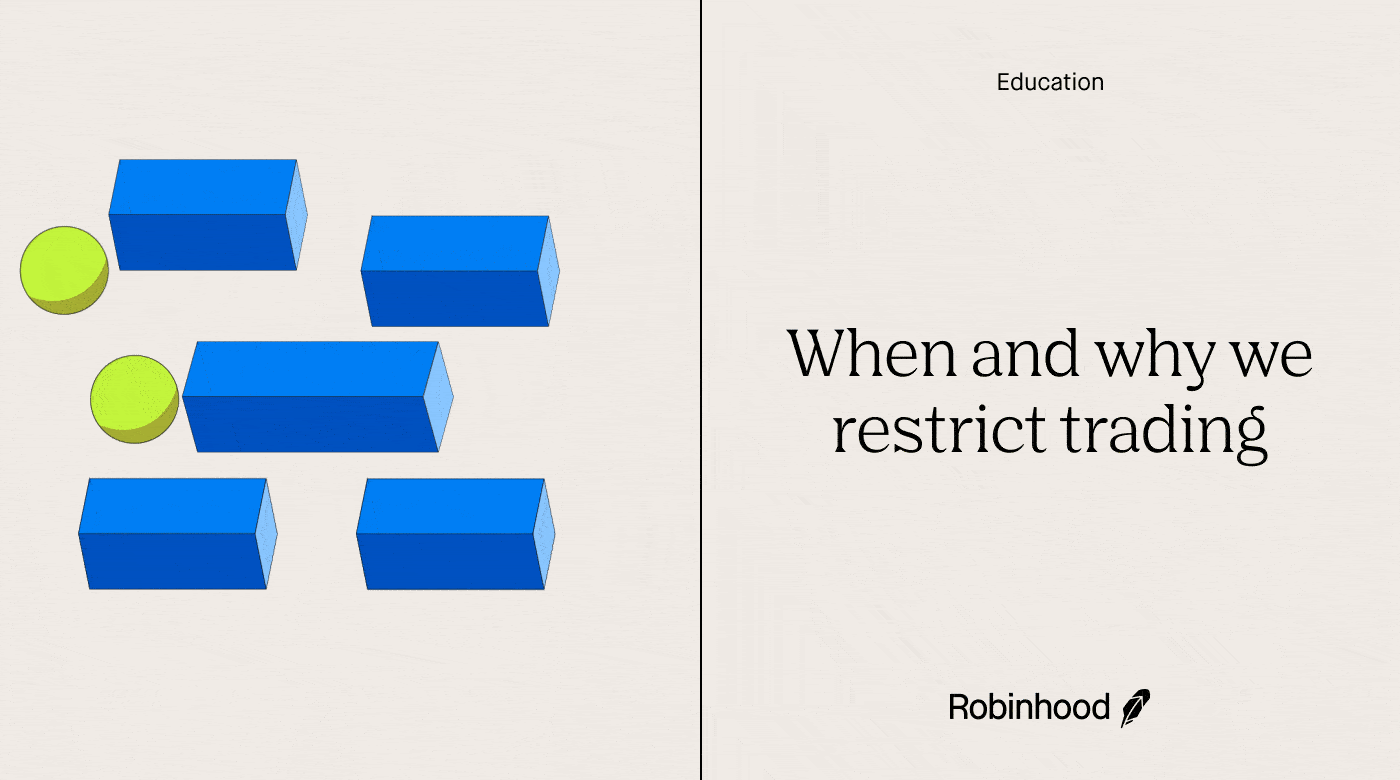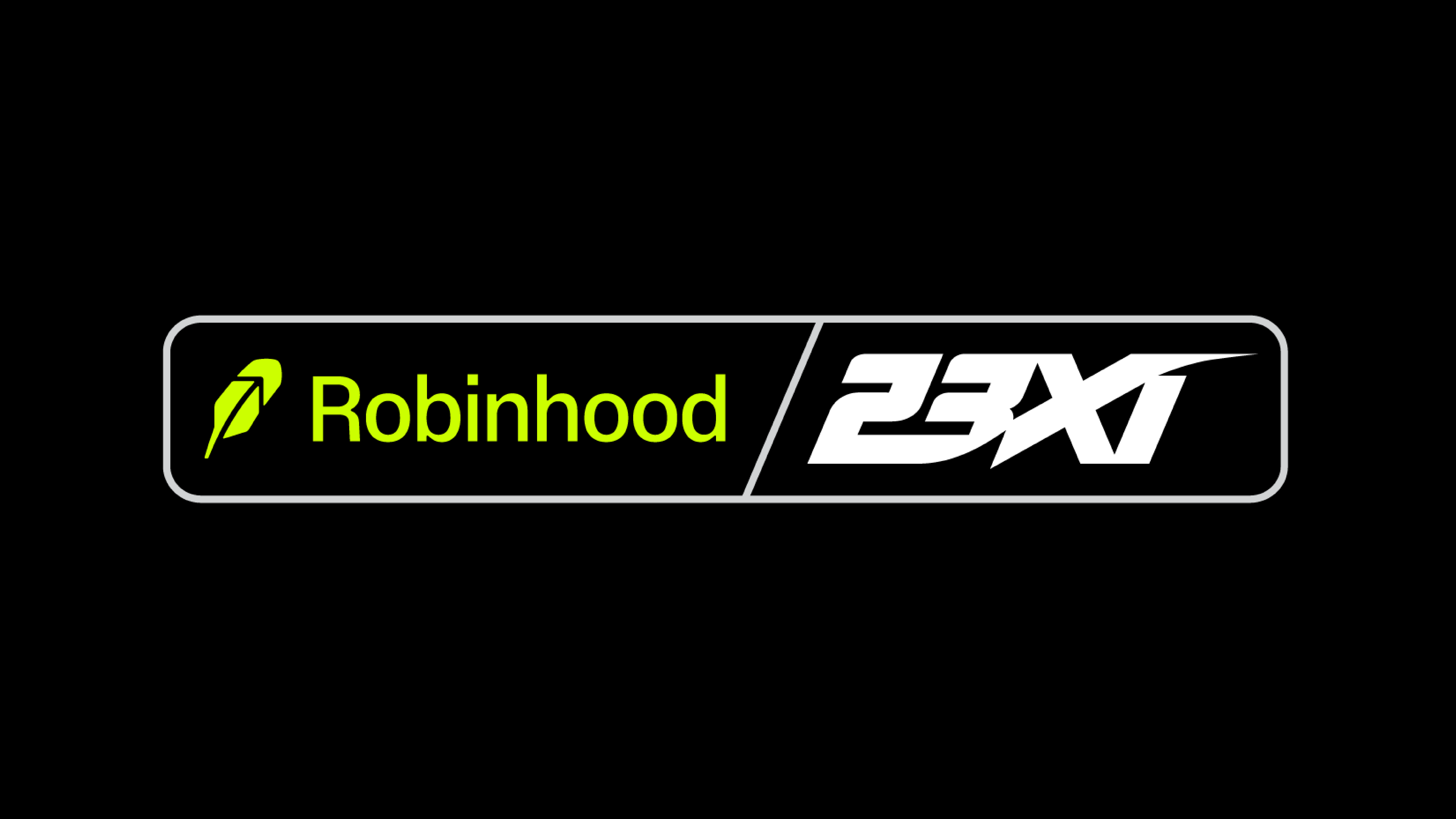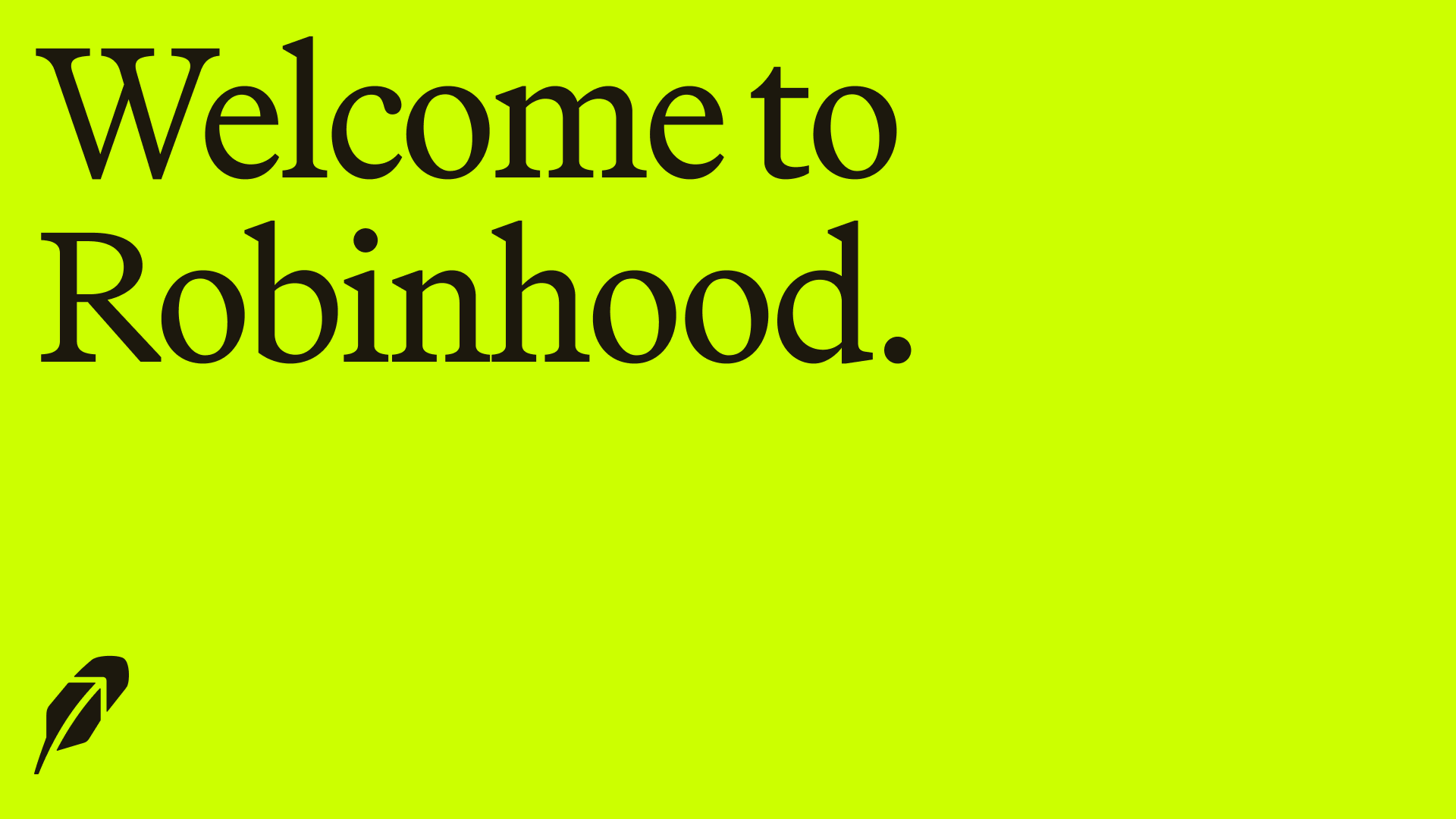When and why we restrict trading

When we made the difficult choice to restrict buying in certain securities on Jan. 28, it was a decision we didn’t take lightly. We’ve since talked publicly at length about why we made that decision. Many people were surprised to learn that restricting buying is part of the course of business for brokerages.
In fact, moving a security to what we call “position closing only” happens under a variety of circumstances. That’s what I want to cover here.
Robinhood Securities and all other U.S. clearing brokers have an obligation to both their customers and to the regulators to ensure they are managing risk and complying with industry rules. In order to comply with those rules and as part of day-to-day risk management, brokers regularly adjust requirements, such as margin requirements, on individual securities based on volatility and other metrics and adjust margin requirements within the guidelines set out by Regulation T. In other words, if a stock is really volatile, we might require that a customer has a higher percentage of cash and assets in order to buy it on margin — or pause margin buying for that stock altogether.
Firms also offer products and services at their discretion. For example, when Robinhood was founded, we initially permitted customers to trade only in listed stocks. Later, we added listed options. We do not permit trading in alternative investments or futures, or allow certain strategies such as naked options trading and short selling stock.
So when does Robinhood Securities restrict trading in certain securities?
We’ve done this a few times — either because we were required to, or because we chose to for legal, compliance or risk management purposes — either by implementing Position Closing Only (PCO), where buying is restricted, or completely restricting all trading at Robinhood.
PCO occurs on Robinhood for multiple reasons, including but not limited to:
- Delisting — Because Robinhood only permits trading in listed equities, when a company’s stock is delisted to the over-the-counter market, trading in that symbol is moved to position closing only.
- Corporate Actions — During certain mergers and acquisitions, there is a time period where the symbol may no longer be trading on the exchange or is planned to be delisted and therefore is moved to PCO.
- Executive Orders — On occasion, the White House issues an executive order that covers trading in certain securities. The most recent case was on November 12, 2020, when President Trump issued an executive order prohibiting U.S. investors from investing in certain Chinese companies. This order affected over 30 stocks and prohibited the purchase as of Jan 11, 2021, so these symbols were set to PCO.
- Unsupported Security Types — For certain closed end funds, Limited Partnerships and other non-standard listed securities, as well as when a company merges with a foreign company not listed in the U.S., we PCO.
And then, of course, there is the case of Jan. 28, when extreme volatility in a handful of stocks, including AMC, GameStop and others required us to put several securities on PCO. Because of rapid movements in the stock prices along with increased volumes and overall volatility, Robinhood put PCO restrictions on these securities for one full trading day, then allowed limited risk-based purchases and eventually reopened the stocks completely within a few days. (More on that decision here.)
The U.S. Securities and Exchange Commission noted in an investor alert on January 29, 2021 that “broker-dealers may reserve the ability to reject or limit customer transactions.”
“This may be done for legal, compliance, or risk management reasons, and is typically discussed in the customer account agreement,” the alert noted. “In certain circumstances, broker-dealers may determine not to accept orders where a transaction presents certain associated compliance or legal risks.”
How much of what happened that day was a result of AMC and GameStop in particular? Consider this: our clearing house imposed a daily deposit requirement of $1.4 billion on us that day, 85% of which was a result of the volatility in those two stocks. In addition, they initially requested an additional $2.2 billion in discretionary requirements that were later waived.
So why do broker dealers like Robinhood use Position Closing Only (PCO) as a tool in these circumstances?
A PCO restriction permits brokers to both comply with the law and to manage risk with the least impact to customers and the positions they hold.
When a customer holds a position we never want to put that customer in a worse position by restricting their ability to manage risk. And prohibiting a customer from selling an existing position forces the customer to take on the risk of losing money if the stock falls in value.
Brokers also do not unilaterally stop trading in a security (no buys or sells) for the same reason — such an action increases, not limits, the risks to the customers as they could not exit a position in a down market.
Finally, only the SEC, NYSE or NASDAQ can completely suspend trading in listed securities, through rules like the SEC’s Limit Up-Limit Down rule or Trading Halt Rules. So we don’t have the ability to stop a stock from moving up or down.
Robinhood’s mission is to democratize finance through increased opportunities for customers to engage in the markets. We only restrict trading when necessary for risk management or when mandated by law. We are constantly monitoring the market, our customer activity and making risk based decisions to ensure we can meet our requirements as a broker — so that our customers can continue to access the market through our services.
All investments involve risk and loss of principal is possible. Robinhood Financial LLC is a registered broker dealer (member SIPC). Robinhood Securities, LLC provides brokerage clearing services (member SIPC).
Robinhood and Medium are separate and unique companies and are not responsible for one another’s views or services.


